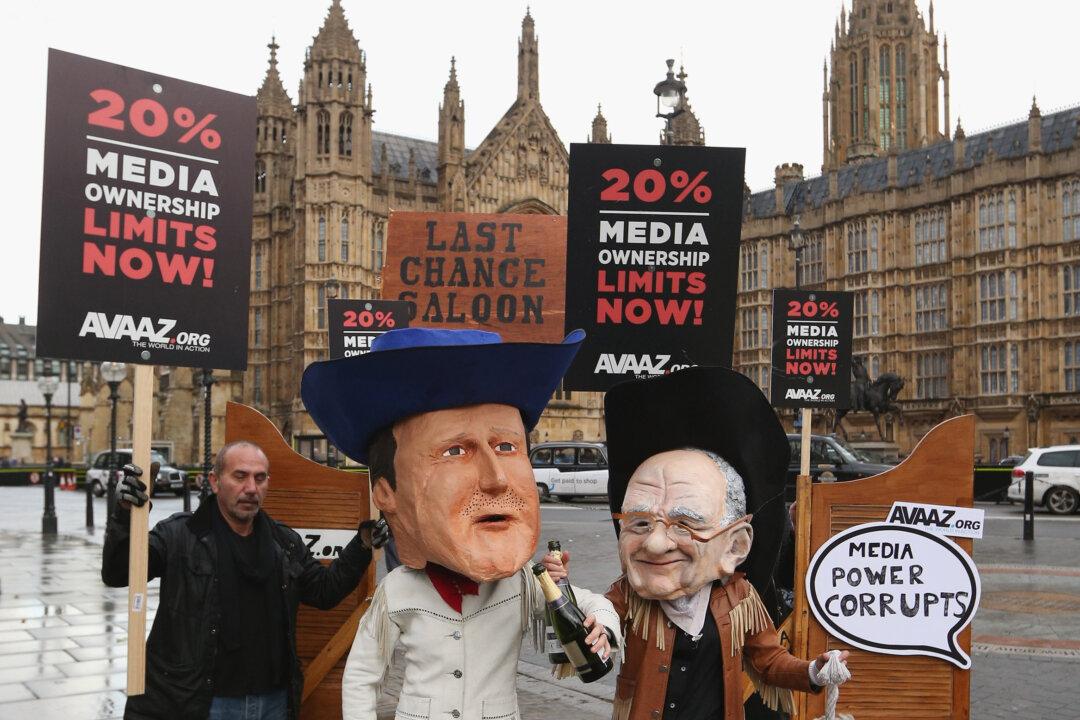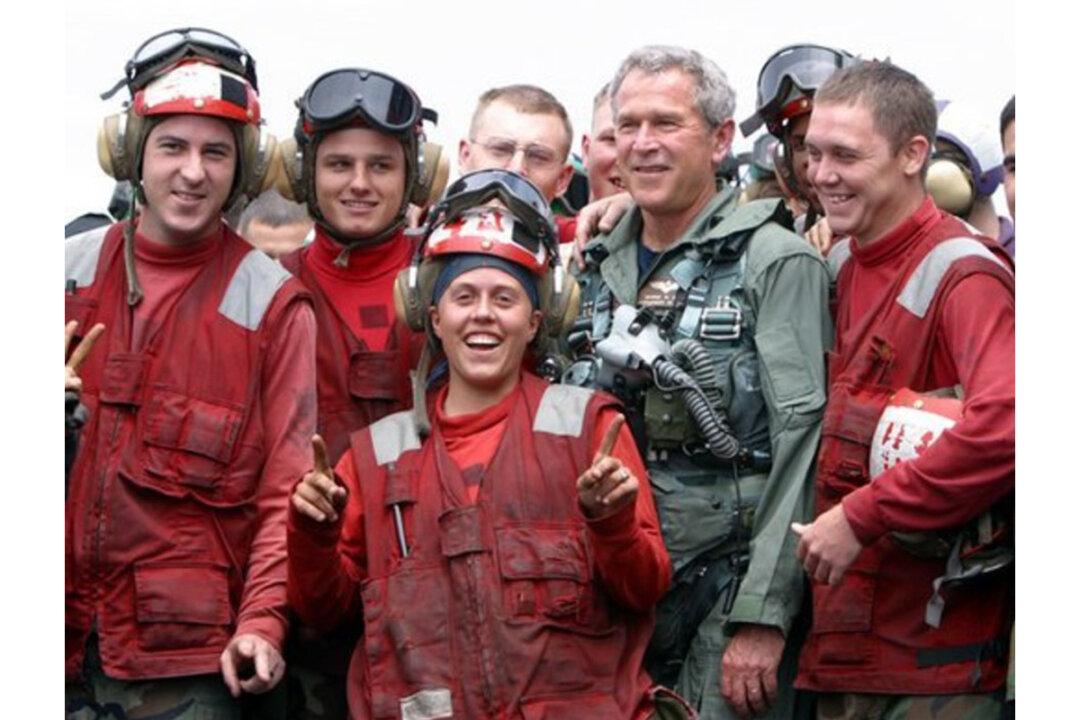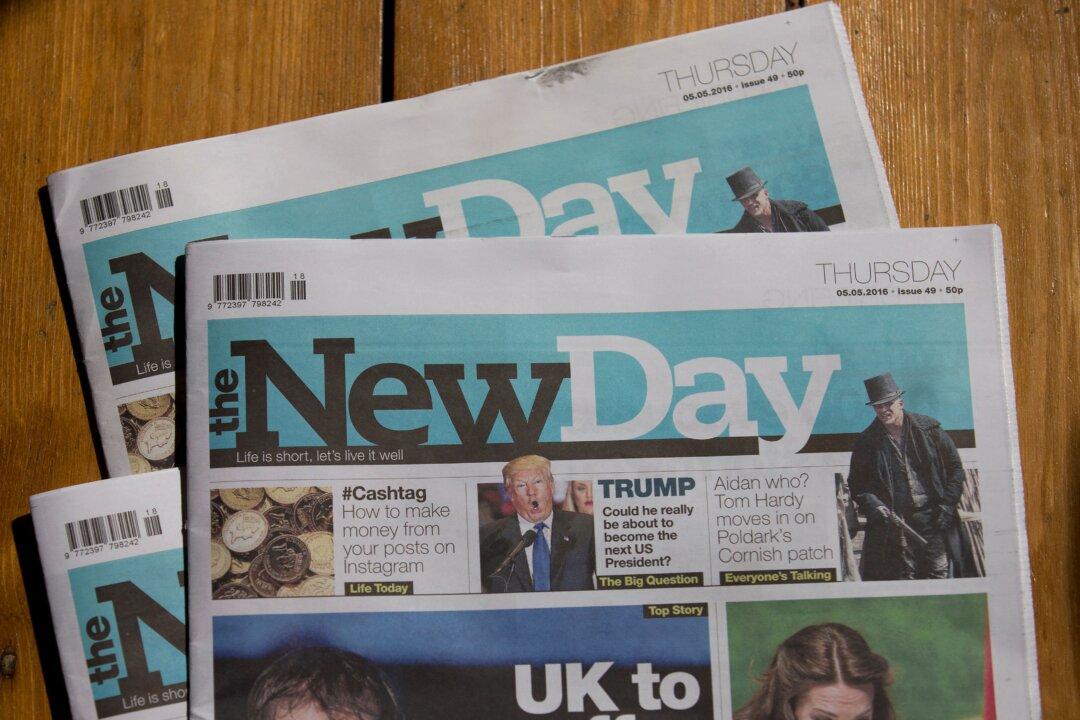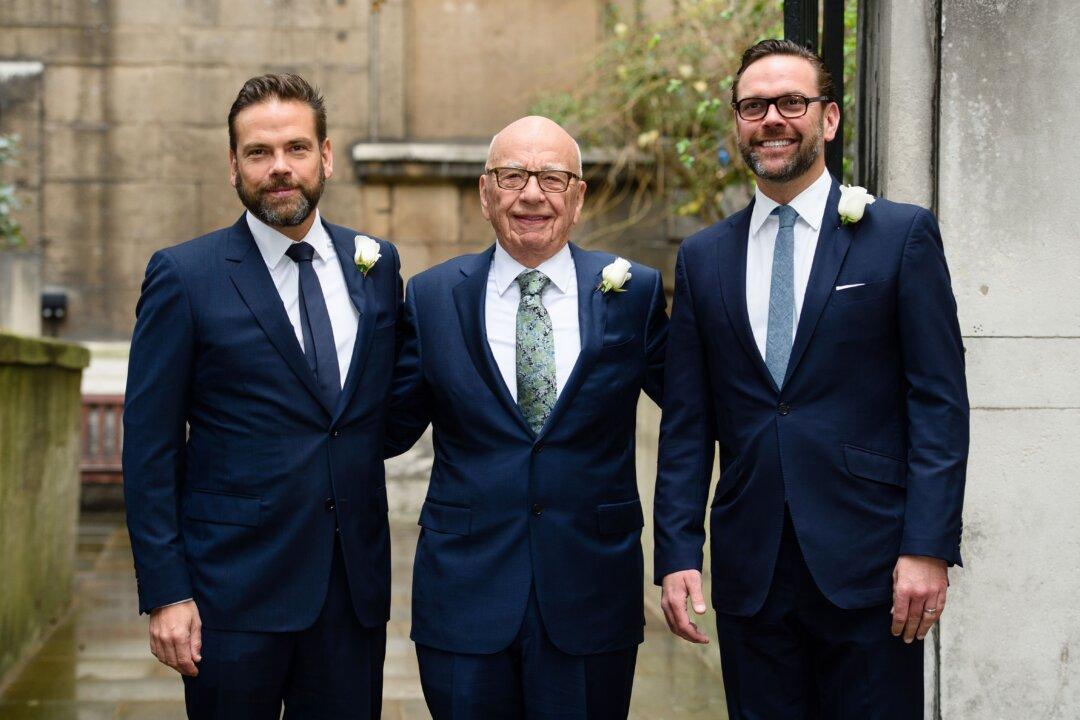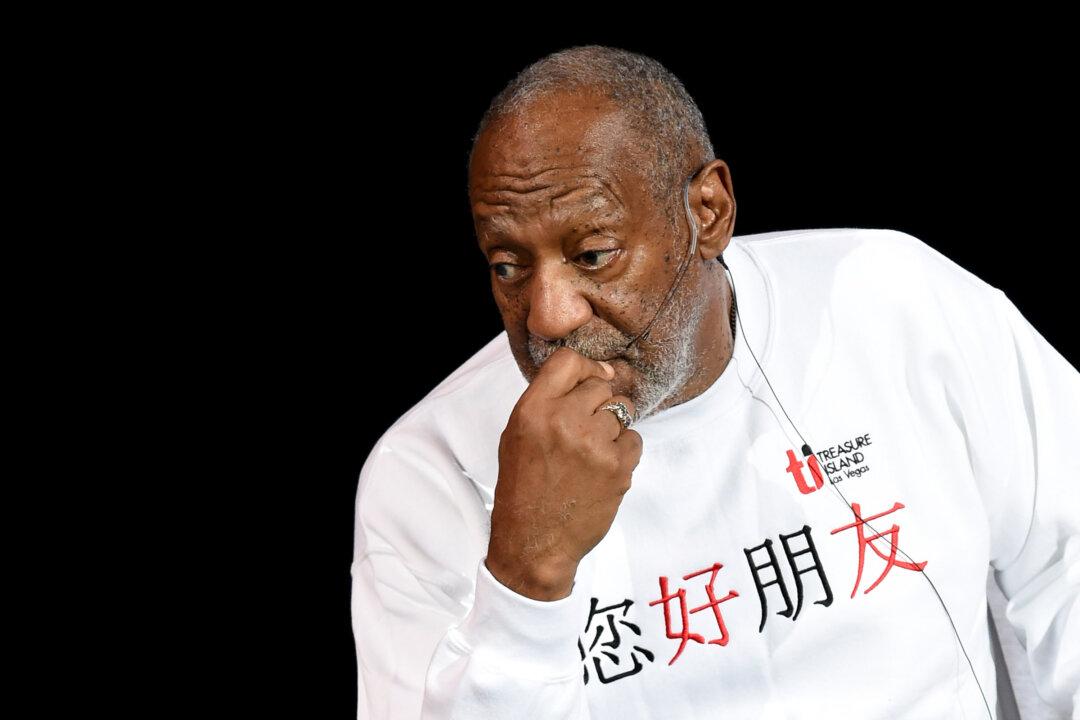The reciprocal closeness in the relationship between journalism and power is a prominent feature of British political history. In times of war or national crisis, media organizations are expected more often than not to behave as if they were an arm of government—but, for the newspapers of Rupert Murdoch, this close relationship seems to have become business as usual, whoever is living in Number 10. And the willingness of various governments to yield to Rupert Murdoch’s news empire has been exhaustively documented.
We know by the media mogul’s own admission that he often entered Downing Street “by the back door“ and, as journalist Anthony Hilton noted in February of this year:
I once asked Rupert Murdoch why he was so opposed to the European Union. “That’s easy,” he replied. “When I go into Downing Street they do what I say; when I go to Brussels they take no notice.”
It is increasingly clear that the influence of News U.K. (the rebranded News International whose titles include the Sun, the Sun on Sunday, The Times, and the Sunday Times) has not diminished in the aftermath of the Leveson Inquiry or the phone-hacking scandals. Far from it. When Theresa May visited New York in late September (mere months after becoming prime minister) she found time in her hectic 36-hour schedule to meet with Murdoch.
Perhaps, as The Guardian hinted, the previously media reticent May was just performing a realpolitik quid pro quo because in the Conservative leadership battle The Sun had backed her and Michael Gove—instead of, as had been expected, prioritizing Gove as a former News employee. The Sun’s leader of July 6 stated:
The final choice for who will be our next prime minister must be between Theresa May and Michael Gove.
The Eye Has It
So what happened to Michael Gove after his personal leadership debacle? He’s (back) working for the Times. Let’s not forget that at the Leveson Inquiry, Gove described his boss as “one of the most significant figures of the last 50 years” a “force of nature, a phenomenon, and a great man.”
